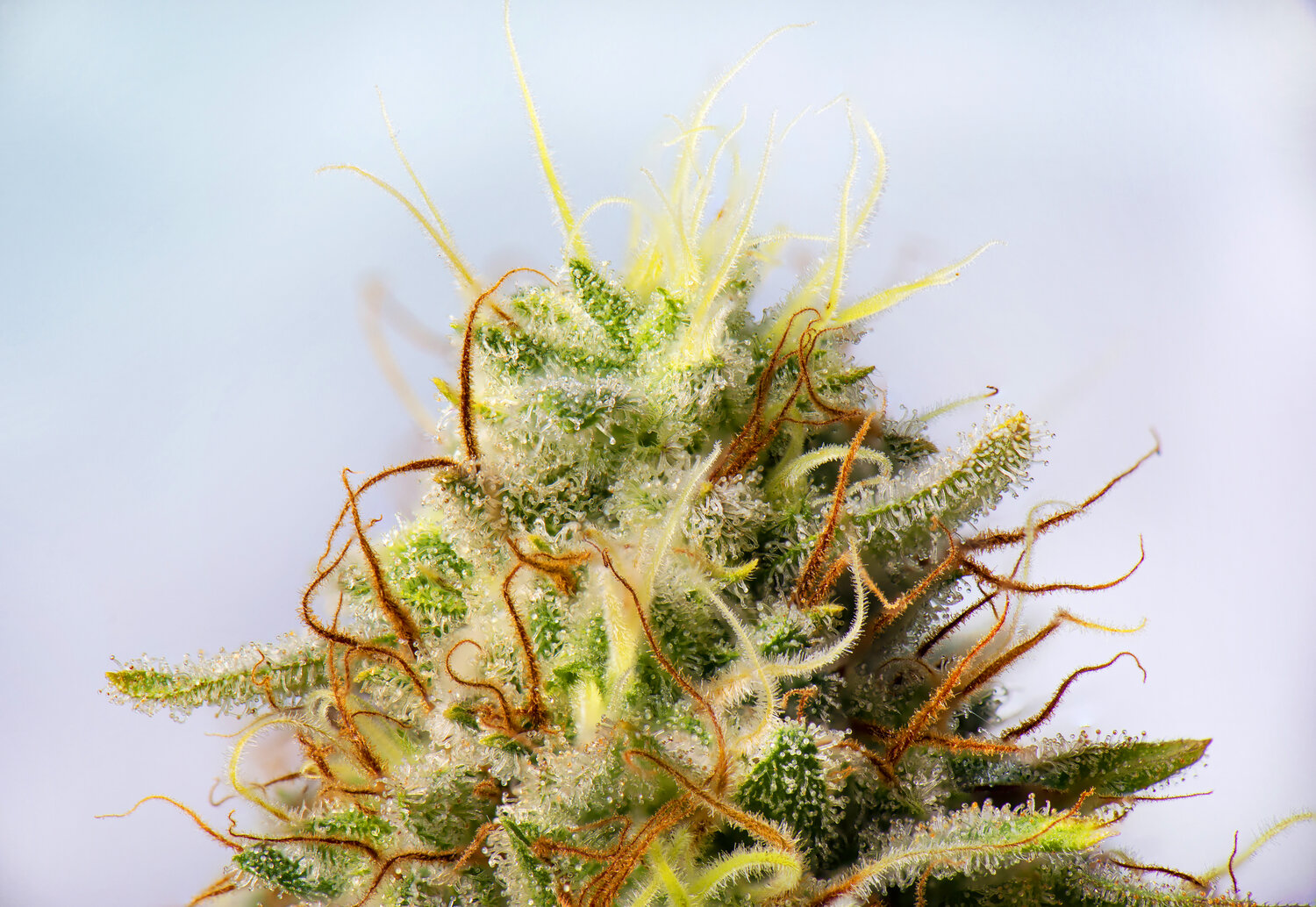New report reveals disparities in cannabis testing
Advocacy group, Americans for Safe Access, call for federal standards
Americans for Safe Access, an organization that advocates for reliable access to medicinal cannabis, hosted a media briefing on July 13 to discuss its new report: “Regulating Patient Health: An Analysis of Disparities in State Cannabis Testing Programs.”
The report raises concerns about patient health, calling for federal establishment of consistent standardized testing regulations in the expanding cannabis market.
The report exposed wide-ranging disparities in cannabis testing for contaminants across the United States. Laboratory testing methodologies vary as well. The lack of uniform regulations exposes consumers to potential health hazards.
“Proper labeling of cannabis products is paramount for me and my patients to optimize dosing, safety and formulations that might best work for their condition,” said family physician Stephen Dahmer during the media briefing. “The creation of federal minimum standards and transparency for the millions of Americans utilizing cannabis products as a therapy is both imperative and long overdue.”
Also discussed in the media briefing was the organization’s 2022 “State of the States Report: An Analysis of Medical Cannabis Access,” which, among other findings, demonstrated that, in the category of Consumer Protection and Product Safety, states averaged only 44%.
“People are paying 100 percent out of pocket for a product they assume to be from regulated sources that test for potency and contaminants,” said Steph Sherer, founder and president of Americans for Safe Access.
In fact, Sherer said, the 2022 report revealed that only eight states require a certificate of analysis and potency testing. Many states neglect potency testing altogether as well as pesticide, terpene, and heavy metal testing.
“It is time to move forward with a national cannabis testing program,” said Sherer.
The 2022 report found that 38 states do require testing for microbials such as E. coli and Aspergillus species, but the depth of the testing varies among states. These contaminants can threaten consumer health, given that they can be airborne or found on common surfaces.
Dahmer and Sherer both pointed out that no one who picks up a bottle of aspirin in a pharmacy need consider its potential impurities. Neither should medical cannabis consumers.
“It would be unacceptable for ibuprofen to be so poorly regulated. Even strawberries have to use a minimum bar,” said Dahmer.
Shelby Huffaker, a public health researcher at University of California at San Diego, identified the disparity of testing as an issue of health equity, because pesticide rates are higher in some states than others.
Sherer added that more than six million registered medical cannabis users are dependent on cannabis or cannabinoid-based treatment for medical conditions or symptoms. Daily use is often necessary to control symptoms, and inconsistencies in medical cannabis products would have detrimental effects on treatment.
Serious effects could include interruption of cellular functions, harm to brain neuron development, asthma, and pneumonia. Individuals with vulnerable immune systems would experience more severe symptoms.
According to Sherer, comprehensive medical cannabis and cannabinoid legislation is needed to address gaps in state and federal policies and to give federal agencies necessary guidance from Congress. Americans for Safe Access has drafted key recommendations for the creation of a National Office of Medical Cannabis and Cannabinoid Control, or OMCCC, at the federal level.
"The establishment of the OMCCC would provide the necessary guidance, oversight, and resources to ensure standardized testing programs across all states," said Sherer.
Sherer, Dahmer, and Huffaker also hold that individuals should have the right to bring personal cannabis supplies to a federally regulated lab to be tested for safety.
The model legislation can be viewed at safeaccessnow.org/model_federal_legislation. Contact info@safeaccessnow.org for more information on Americans for Safe Access.

 67.0°,
Mostly Cloudy
67.0°,
Mostly Cloudy 




